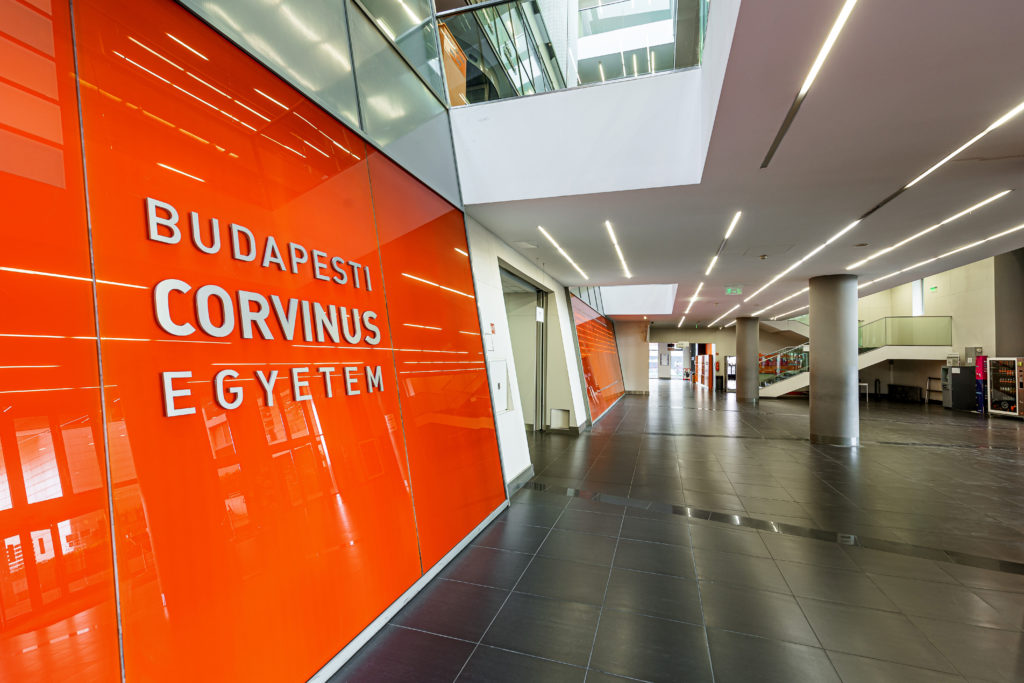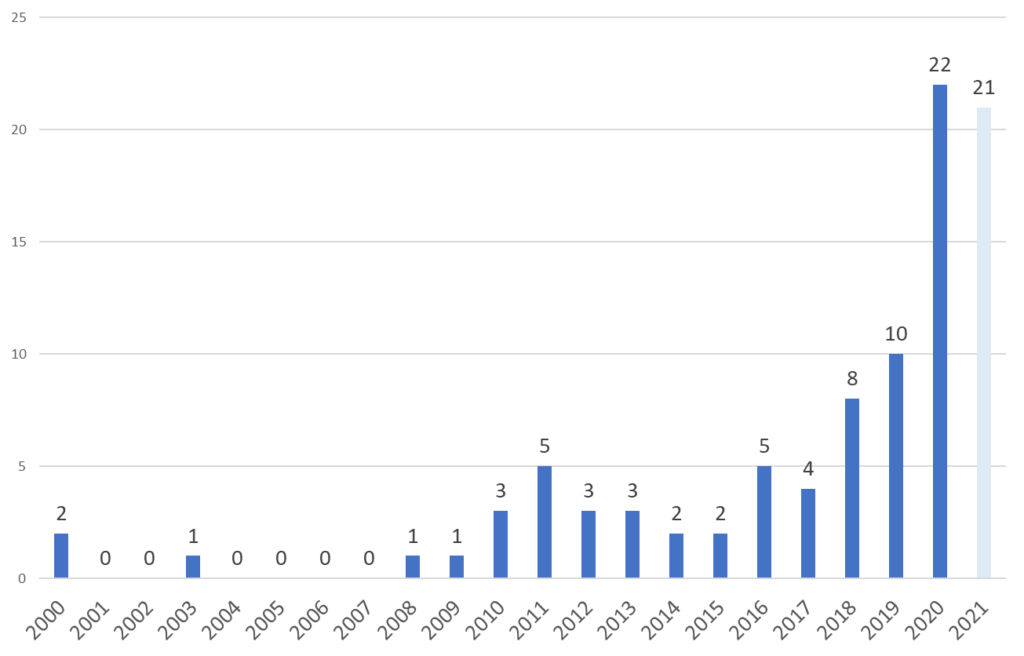Operation MARS – Institute of Marketing
As a result of the university transformation, more emphasis will be laid on publications with an international impact in order to improve both our position in the rankings and our international acceptance. The Institute of Marketing Institute has been consciously developing its strategy for years in this area and has launched a number of programmes to promote more successful publishing activities.
One such program was called Operation MARS (Mental Actions for Research Superiority). Within the framework of the program, we primarily want to achieve the changes in approach that create a supporting attitude and environment for our researchers. As a first step, our colleagues from the Institute, who have successfully managed to strengthen their international publishing activities, will share their experience on a challenging path to publications.
The first speaker in the Operation MARS series was Tamara Keszey, one of our university’s leading researchers with an international embeddedness, who changed KPMG’s senior advisory position to an academic career and then returned to work after long maternity leave due to the birth of three children. Tamara summarized the key insights of her bumpy road resulting in her first international Q1 publication. She emphasized the importance of international research collaborations in further developing research skills and presented the successful and unsuccessful strategies she had used. She pointed out the importance of intrinsic motivation in research and time management. In Tamara’s opinion, the ability to separate professional and personal criticism and get used to being rejected is crucial part of the academic career. Colleagues need to support each other. She emphasized the responsibility of senior colleagues in noticing and – even with just a small gesture – evaluating the development and efforts of young talents. The closing thought of the lecture is not to be afraid of international competition, and a researcher who can write a Budapest Management Review / Vezetéstudomány or Q4 article will be able to write a Q1 article with minor support.
The second speaker in the MARS series was Jhanghiz Syahrivar, a PhD candidate at Corvinus University of Budapest, Hungary, and an Assistant Professor at President University, Indonesia. Jhanghiz who successfully wrote and published ten Scopus articles and counting within 3 years of his PhD program shared to the participants about research strategies, tactics and beliefs from the point of view of Indonesian professors and researchers. He explained how most Indonesian professors were struggling with the transitions in the (HE) system that previously emphasized teaching quality to research quality with primarily focus on Scopus publication. Some notable challenges were the language barrier, lack of research facilities and internal motivations. Nevertheless, in the last few years, Indonesia HE managed to be one of the leading countries in Scopus publication, especially in the Southeast Asia region. There are several key factors. The first factor is the HE performance transparency through an online and integrated application called SINTA that records the performances of local universities and professors across the country. The application helps to build a competitive atmosphere for research. The second factor is various monetary incentives or cash rewards available to professors who successfully published in Scopus journals. Local universities allocated a substantial portion of their incomes to reward professors with top performance in research. Meanwhile, Indonesian professors saw these substantial cash rewards as an alternative to monthly salaries for teaching in various courses. The third factor is an academic performance assessment system, including the Key Performance Index (KPI), that allows the gradual transitions from teaching-focused to research-focused performances as professors move upward in their academic careers. The last factor is the eagerness to improve international collaborations such as by encouraging young professors to contact their previous supervisors for research opportunities and also conducting various international seminars across the country that enable Indonesian researchers to expand their networks. In this opportunity, Jhanghiz also warned about the danger of investing heavily in pay-to-publish Scopus journals, especially the ones with a quick review process, and publishing in these journals on a regular basis. Based on his observations, Scopus has discontinued numerous predatory journals and subsequently erased their database (i.e. articles) from the system which means that all of the money spent to publish is gone for nothing! Finally, a balance between idealistic (what is novel?) and pragmatic (what is publishable?) approaches is needed for a successful Scopus publication.
By showing benchmarks, we aim to make colleagues see that they can also draw on their talent and capitalize on their preparedness regarding publication activities and make them mentally get mre involved in these processes. As a next step, they will continue to share their specific research methodological knowledge within the framework of the programme. Thus, this semester we organise workshops on topics such as theoretical contribution for qualitative and quantitative research, experimental research methodology, special issues in panel data analysis, the challenges of action based research, python programming, etc.
The programme is complemented by other series of programmes, namely the Corvinus Research Camp in Marketing organized by Judit Simon and Tamás Gyulavári, where internationally recognised researchers give feedback to our young colleagues on their own research projects. So far, our University’s honorary doctor, Ajay Kohli, as well as internationally acclaimed professor of research methodology, Naresh Malhotra, have participated in the series. More details about these events will be shared next time.
We hope that the programmes will help our colleagues to further strengthen their publishing skills and achive remarkable results in this area as well. In any case, the quantitative shift in publications in the recent period is encouraging (figure 1)
Figure 1
Number of Scopus Q1/Q2 publication output of the Institute of Marketing
